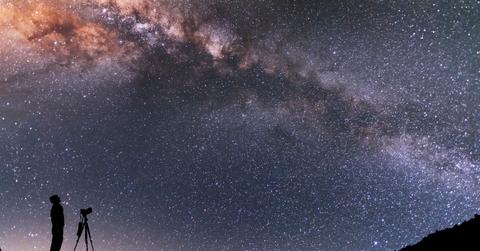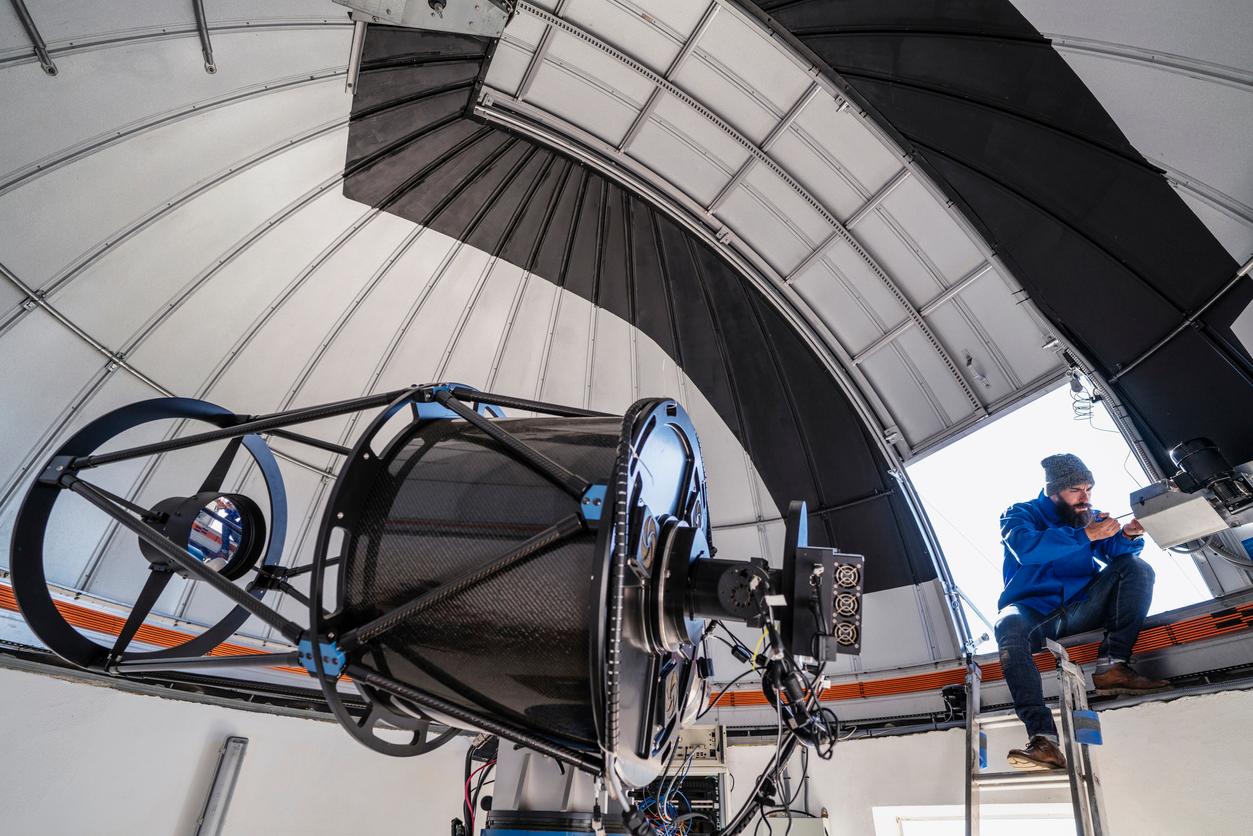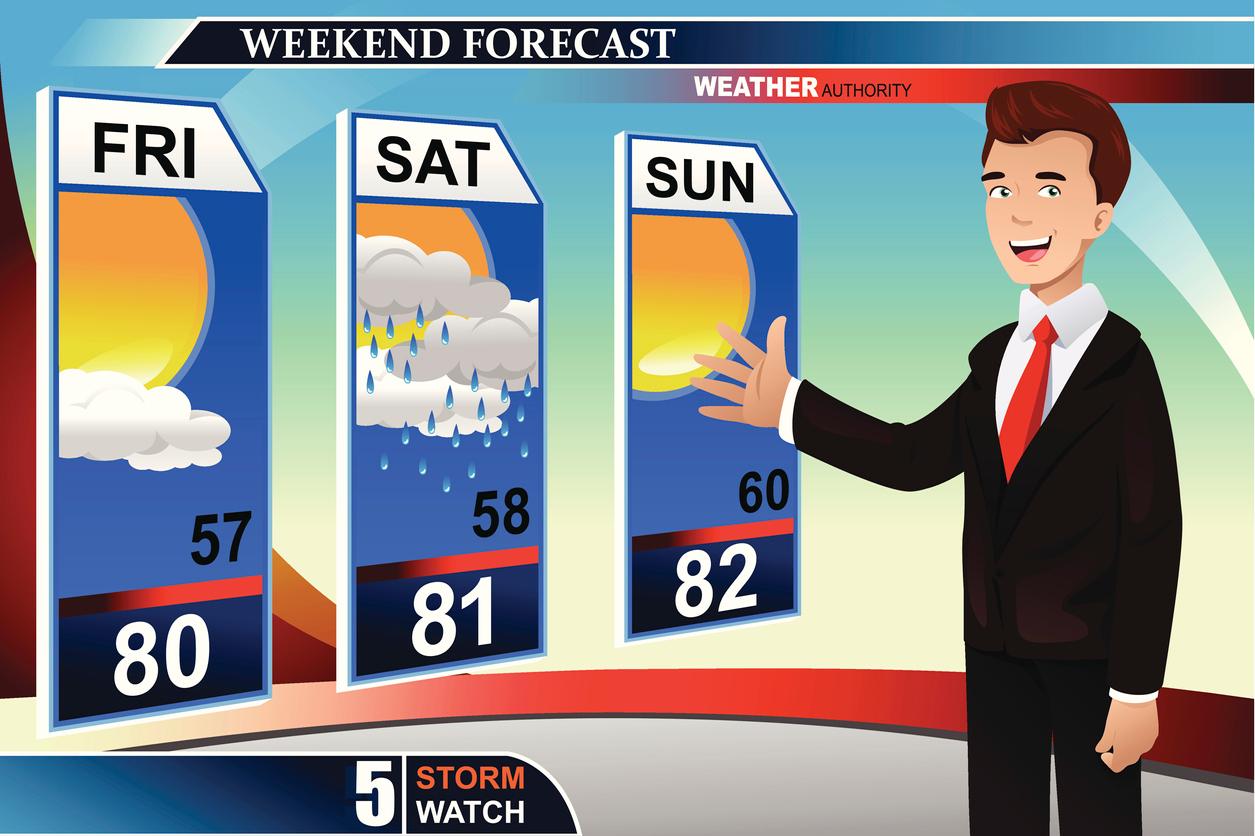Interested in Astronomy? Check Out These 5 Exciting Careers
Published Oct. 12 2022, 9:40 a.m. ET

A photographer looks up at the night sky.
Have you ever looked up at the night sky, and been truly amazed at the sight of the moon and stars? Maybe you wondered how it all came about? If this is you, you might have considered a career in astronomy.
Astronomy is a branch of science that focuses on the origin and evolution of celestial objects and space. If you want to learn about different careers in astronomy, keep reading.
1. Astronomer
Okay, this one is obvious, but we have to start with the basics. Astronomers use different technology and equipment to study celestial bodies. If black holes and faraway galaxies intrigue you, then this is probably your ideal career.

An astronomer technician working on maintenance tasks.
According to this article, the everyday responsibilities of an astronomer include collecting and analyzing data, working on research projects, writing scientific articles, and presenting your work at conferences.
The job requires a lot of computer-based work and strong math skills.
2. Planetarium Director
A planetarium is a theatre that is used to educate people about astronomy and other scientific fields. Usually there’s a domed ceiling that’s used to project images of celestial objects such as stars and planets.

A planetarium in Argentina.
If you have good leadership skills and an interest in education, working as a planetarium director could be a great career. Planetarium directors are generally in charge of developing programs for different audiences, as well managing the business side of things.
With this job, you have the opportunity to share your passion with others in a fun and engaging way. Planetarium directors have the ability to create a memorable and awesome experience for their visitors.
So not only do you get to teach people about astronomy, but you could be the reason why they have a great Friday night.
3. Climatologist
Are you passionate about climate solutions? Climatology might be for you.
A climatologist studies long-term weather patterns, which include things like climate variability and climate change. They predict how these patterns affect agricultural crops, water resources, and more, by using computers.

Climatologists study long-term weather patterns.
The climate crisis has made the role of climatologists essential. It’s extremely important that we have experts that can help us navigate through complex issues such as agricultural development, natural disasters, and sea level rise.
4. Meteorologist
A meteorologist determines if it’s going to be sunny all week, or if it’s going to be rainy and dismal. Basically, they observe and study the weather.

An illustration of a meteorologist giving a weekend forecast.
This might not seem as fancy as the other jobs, but meteorologists are important. The weather is a huge part of our everyday lives. It can determine what we wear, where we go, whether or not we should plan that weekend trip, or if we simply need to roll up the car window.
Knowing the weather is a very useful tool.
5. Science Journalist
Listen, we all know the jokes about how writing isn’t going to pay the bills. That doesn’t mean that we don’t have a need for it.
Science journalists report news and other important information about science. The conveying of scientific information requires a lot of thought, and an expert will know how to explain complex topics that readers might be unfamiliar with.

A reporting taking notes.
How science is communicated can have significant impacts. Think about COVID-19. Delivering correct and clear information about the pandemic and vaccines is crucial.
Another example can be seen with the climate crisis. We need to make sure people have the facts so that they can steer clear of misinformation and make informed decisions.
It’s hard to deny that we need science journalists.